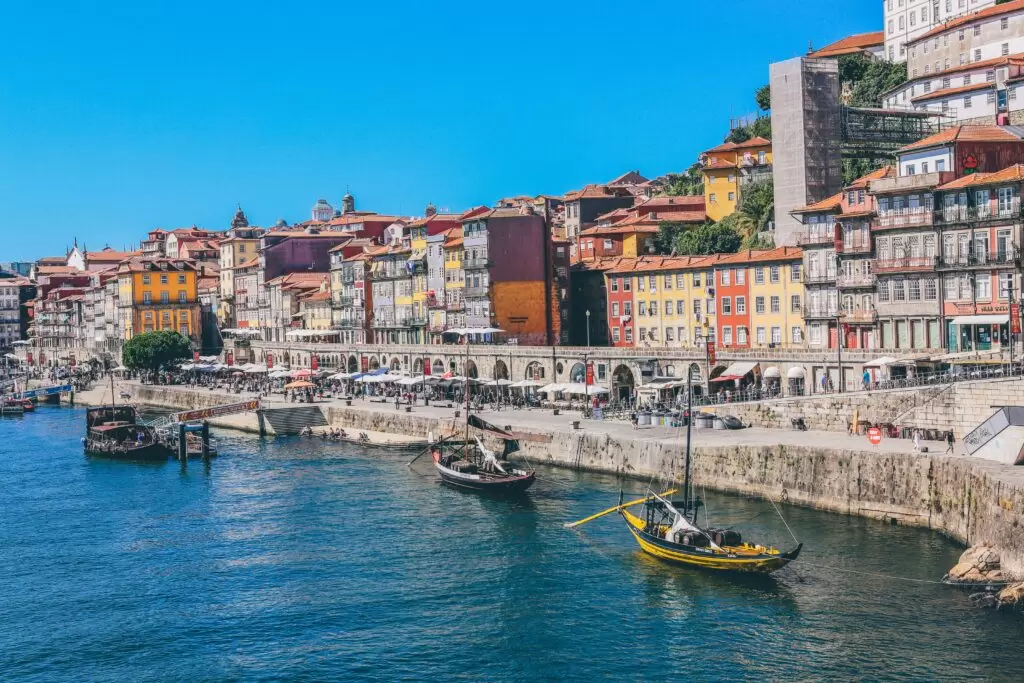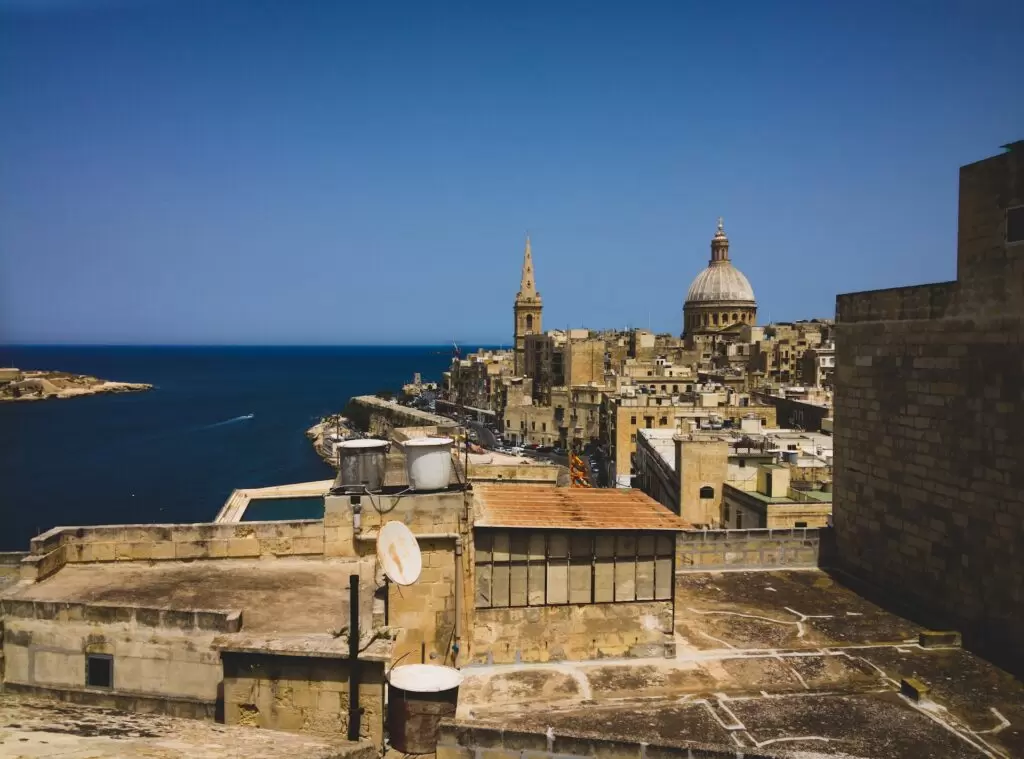Golden visa programs in Spain, Portugal, Greece, Cyprus and Malta have offered non-EU residents an easy path to EU long term residency and citizenship while simultaneously attracting foreign investment to these countries. These golden visa programs were launched in 2012-2013; many have been very successful in attracting much needed foreign investment. Now that these programs are ten years old or more, many of them are being revisited. This article explains recent and planned changes to European golden visa programs.
Note: This article was updated on December 4, 2024 to reflect recent changes to the golden visa programs in Greece and Spain.
Why they are changing the rules
Countries are reevaluating their programs different reasons. Changes to European golden visa programs in some countries, such as Malta, were instigated because they were blacklisted by the OECD in an effort to counter international tax evasion. In other countries, such as Portugal, the golden visa program is believed to drive real estate prices so high that locals can’t afford to purchase property. In Cyprus the golden visa program was suspended because a known criminal exploited the program to obtain EU residency. The EU has stated that it believes granting golden visas fosters money laundering, which prompted Malta and Greece to introduce very stringent due diligence processes to track where funds originate.
Keep reading to see the changes each country is making to its golden visa program.
Portugal
The Portuguese Government initiated its golden visa program to stimulate international investment in its economy. Visas were granted not just for real estate investment, but also for those investing in commercial real estate, Portuguese businesses, scientific research, the arts and Portugal’s cultural patronage. Since its inception, Portugal granted approximately 11,000 golden visas; more than 9,000 came from real estate investment. According to the Portuguese Prime Minister, this was a problem because the golden visa program led to property speculation while creating almost zero jobs in the country. As a result, Portugal’s golden visa system continued to evolve and increasingly become more restrictive.
In 2022 Portugal made changes to its golden visa program to try and make housing more affordable for locals. They kept the investment threshold the same; it was 500k€ for the purchase of a new property. The threshold was 350k€ to purchase a property that is more than 30 years old, but one had to commit to investing a significant amount of money to refurbish it. However, investment in the desirable areas of Lisbon, Porto and coastal areas no longer qualified for golden visas. Only properties located in the Autonomous Regions of the Azores and Madeira, or in the interior territories, qualified for a golden visa. The idea was to redirect investment from markets that have seen strong price appreciation to more depressed markets.

Finally, in early 2023 they vowed to popular pressure and ceased granting golden visas for property investment. In February 2023, the Portuguese Finance Minister stated that, “The elimination regarding golden visas is general, regarding the entire model that is known because the assessment that is done even of the recent changes that have been made regarding the limitation to real estate were not sufficient regarding the continuation of the mechanism.” Thus, the country will no longer be granting golden visas for real estate investment.
KEY TAKEAWAY: This new law will not terminate Portugal’s golden visa program entirely. However, investment in Portuguese real estate will no longer qualify for golden visas. Investing in funds that have direct or indirect real estate investments will no longer be an option either. The types of investments that will still qualify for golden visas are:
- Investing 500,000€ or more in venture capital funds, as long as the fund have no real estate ties
- Investments that create at least 10 new jobs
- Investing 500,000€ or more in research activities carried out by public or private scientific research institutions
- Investing 250,000€ or more in Portugal’s cultural heritage
- Investing 500,000€ or more in a Portuguese company (new or existing), with the stipulation that this investment create at least five new jobs
Other countries that have ceased granting golden visas for property investment have made similar exceptions. However, they are beyond the scope of this article so we won’t detail the others.
Greece
Greece initially had the cheapest golden visa investment threshold in Europe: it only required a 250k€ property purchase to be granted a golden visa. Since there was no requirement to stay in the country a set amount of time, it was a very desirable golden visa program.
2022 changes
In September 2022, the Prime Minister of Greece announced that the investment threshold for golden visas via property purchase would double “to assist Greeks by increasing the affordability of real estate.” On December 21, 2022 the Greek Ministry of Development submitted the amendment of the law into parliament and the golden visa minimum was officially raised to €500,000. However, this only applied to certain areas:
- Central Athens
- The northern and southern suburbs of Athens (these are posh areas such as Glyfada, Vouliagmenis and Kafissia)
- The island of Mykonos
- The island of Santorini
- The city of Thessaloniki
The threshold would remain 250k€ in the rest of the country. Unlike the changes to Portugal’s golden visa program, there was a clear plan to implement the changes in Greece. The changes were set to take effect on May 1, 2023. However, if one had paid a 10% or more deposit on a property before April 30, 2023, they were able to complete the transaction and still apply under the old 250k€ system.
2024 changes
Greece made material changes to its golden visa program in 2024. The biggest changes were to the investment thresholds. The investment threshold is now 800,000€ in the following areas:
- The entire region of Attica; this includes Athens and the Athenian Riviera
- Thessaloniki
- Santorini
- Mykonos
- 32 other popular islands
For properties outside the above prime areas, the investment threshold is now 400,000€.
The threshold is still 250,000€ in certain situations. Primarily this is to restore listed buildings and for commercial-to-residential conversions. Similar to Portugal, there are other ways to get golden visas that don’t involve property investments.
Note: Greece performs very stringent checks on the funds that are used to purchase property to make sure they were obtained legally; they are particularly concerned about money laundering. You must open a Greek bank account to buy the property. Greek banks require a long paper trail to demonstrate how you obtained any funds you bring into the country. They require a dossier of documents that can take a long time to assemble. You will likely need a lawyer to help you open the account.
Malta
Malta’s golden visa program was capped at 1,800 applications, which it reached. When this happened The Malta Citizenship by Investment Program was permanently annulled. In November 2020 the country introduced a new program which allows investors to gain Maltese citizenship by contributing to the country’s economic development. The program requires one to prove they have been residents of Malta for 12 or 36 months and comes with relatively high investment thresholds. To gain residency and eventually citizenship through property purchase, the minimum investment threshold is 700k€. The property must be held for at least five years and cannot be sublet. You also must make a 10k€ contribution to a registered non-governmental organization or society. It must be a charitable organization.
Malta’s new golden visa program requires very stringent due diligence be done on all applicants; it has rejected roughly 23% of all applications received. Furthermore, you must pay for this due diligence. The main applicant must pay 15k€ and 10k€ for each dependent. There is also a 1000€ administrative fee to submit the application. Summing all of this, the minimum investment to obtain a Maltese golden visa is 726k€ for a single person.

Cyprus
On October 13, 2020 Cyprus canceled its golden visa program; the changes went into effect on November 1, 2020. This happened following allegations that the lawmaker Christakis Giovanis and Parliamentary Speaker Demetris Sylloruis didn’t follow the strict vetting process. The allegations implicated that they issued a passport to a fictitious Chinese investor, granting a golden visa to an individual with a record of money laundering.
Spain
Although Spain had one of the most popular golden visa programs in Europe, there was much controversy that it raised housing prices for locals (see below for a case study suggesting this was not the case). Finally, as a result of these political motivations, Spain announced plans to stop granting golden visas for real estate investments in early 2024. However, the program has been in limbo as Congressional approval was required to make the changes.
On November 14, 2024 Spain’s Congress approved amendments to end the golden visa program. The Senate will now review the legislation. The Senate is under the control of the Partido Popular (PP), who are against the bill. This Senate review process can take up to two months. It’s important to note that whatever the Senate decides, they cannot permanently block the bill.
For the legislation to take effect, final Congressional approval must be granted and and Official State Bulletin (BOE) to be published.
KEY TAKEAWAY: The goal was to terminate Spain’s golden visa program in January, 2025. The government may not reach this goal due to the above legislative issues, but the program will eventually be terminated, probably in early 2025.
Why doesn’t Italy have a golden visa program?
Many people wonder why Italy doesn’t have a golden visa program, since other Mediterranean countries do. The truth is, it does have a golden visa program but it does not grant visas for residential real estate investment. Rather, they are granted for investing in start-ups, existing Italian businesses or government bonds, so it is beyond the scope of this blog. If you are interested, you can learn more about it here: Italy Golden Visa: The Ultimate Guide
Do golden visa schemes really crowd locals out of the property market?
This is an excellent question. This is a rallying cry for many left wing and populist politicians, but the facts suggest otherwise. Although many people have taken advantage of golden visa programs, the number of foreigners purchasing property is dwarfed by the number of locals purchasing property. Imbalances between supply and demand and frictions in the housing market are causing price appreciation in markets; not investors from abroad.
Portugal golden visa: 2022 Case Study
2022 was a very good year for Portugal’s golden visa program. The country became an extremely trendy place to live and attracted a lot of people wanting to live in the country. However, golden visa investors only accounted for about 1,000 of the 168,000 homes sold in Portugal. That’s roughly 0.5% of all property purchases; hardly enough to drive up prices.
Spain golden visa: 2022 Case Study
The situation is even clearer when you examine the Spanish real estate market. In 2022, only 136 golden visas via property purchase were issued in Spain. This was 72% lower than the 497 visas issued by the Spanish consulates worldwide in 2021. However, real estate prices in the country soared, posting the biggest price increases seen in 17 years. Much of this was due to pent up demand following covid and the rush to buy property before interest rates increased.
Conclusion
It’s pretty clear to economists that financial factors that increase real estate prices, such as interest rate increases and supply and demand imbalances, are the driving factors behind real estate price appreciation; the effect from golden visa investment is negligible. However, most European governments have bowed to popular pressure and terminated their programs.